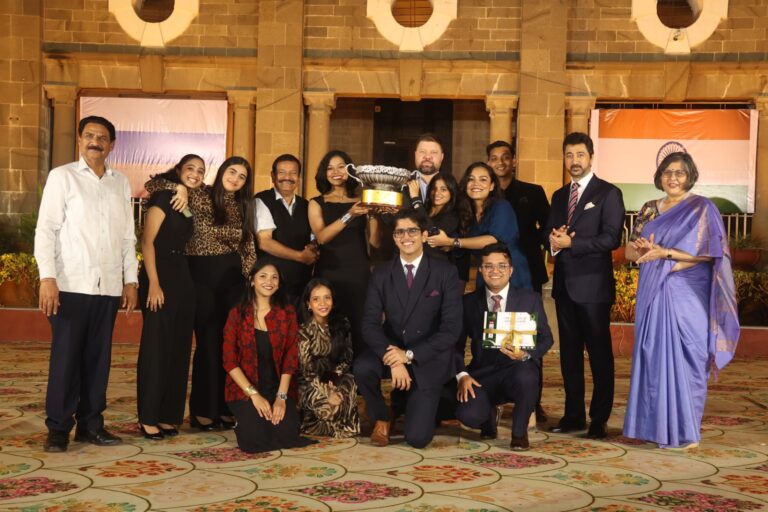
#Advocate Nizam Ali Khan
In a recent interview held in Hyderabad, Advocate Nizam Ali Khan, a prominent speaker on Islam, sought to dispel a commonly held misperception regarding the Islamic faith. Khan emphatically clarified that Islam does not endorse or condone the use of force to compel individuals into converting to the religion. He addressed the erroneous claims made by certain biased politicians and media outlets, asserting that these allegations are far from accurate.
Advocate Nizam Ali Khan stressed the fundamentals of Islamic teachings, emphasizing that coercion has no place in the beliefs of the faith. Even when a person is born into Islam, other devoted Muslims are not given the right to force them to abide by its principles. They are only allowed to respectfully urge allegiance to the faith, though. Advocate Nizam Ali Khan referred to a pertinent scripture in the Quran, verse 256 of Chapter 2, which clearly indicates, “There is no compulsion in Religion.” The Islamic belief that no one should be forced to follow its teachings or undergo conversion against their will is reaffirmed by this passage.
Advocate Nizam Ali Khan went on to address the unfortunate trend of orientalists in the Western world portraying Islamic teachings in a negative light. He shared historical incidents from the time of Prophet Mohammed to illustrate Islam’s stance on non-coercion. For instance, Khan recounted the poignant moment when Prophet Mohammed approached his uncle, Abu Talib, who was on his deathbed, and invited him to embrace Islam. Despite the opportunity to impose the faith, the Prophet respected his uncle’s autonomy, and Abu Talib passed away without converting.
Another compelling anecdote involved Prophet Mohammed’s journey to Taif to propagate the message of Islam. Despite facing vehement opposition, including verbal abuse and physical assault, the Prophet refrained from using force and continued to extend invitations without compulsion. Advocate Nizam Ali Khan also mentioned the case of Sumama, a governor of Yamama, who was held captive in the Mosque of the Prophet. Even when subjected to verbal abuse directed at the Prophet and the city of Medina, Sumama was not coerced into conversion. Ultimately, he chose to embrace Islam willingly due to the Prophet’s exemplary conduct.
Advocate Nizam Ali Khan emphasized that even during the conquest of Mecca, neither Prophet Mohammed nor his followers employed force to compel non-Muslims to convert. These historical instances serve as a testament to the unwavering commitment of Islamic teachings to non-coercion.
To fortify his argument, Advocate Nizam Ali Khan referred to Article No. 25 of the Constitution of India, which grants every citizen the freedom to practice, preach, and propagate their religion. However, Khan clarified that this freedom does not grant any individual the right to force their beliefs onto others. Each Indian citizen is entitled to practice their customs, rituals, and religion, and they also possess the liberty to adopt any religion of their choosing.
In conclusion, Advocate Nizam Ali Khan reiterated that any attempt by a Muslim to forcibly convert another individual to Islam not only contradicts Islamic law but also constitutes a violation of Indian law. Such actions stand in stark contrast to the principles of tolerance, respect, and freedom enshrined in both Islamic teachings and the Constitution of India.
Video link- https://www.facebook.com/AlifIndiaorg/videos/198709429734360/








